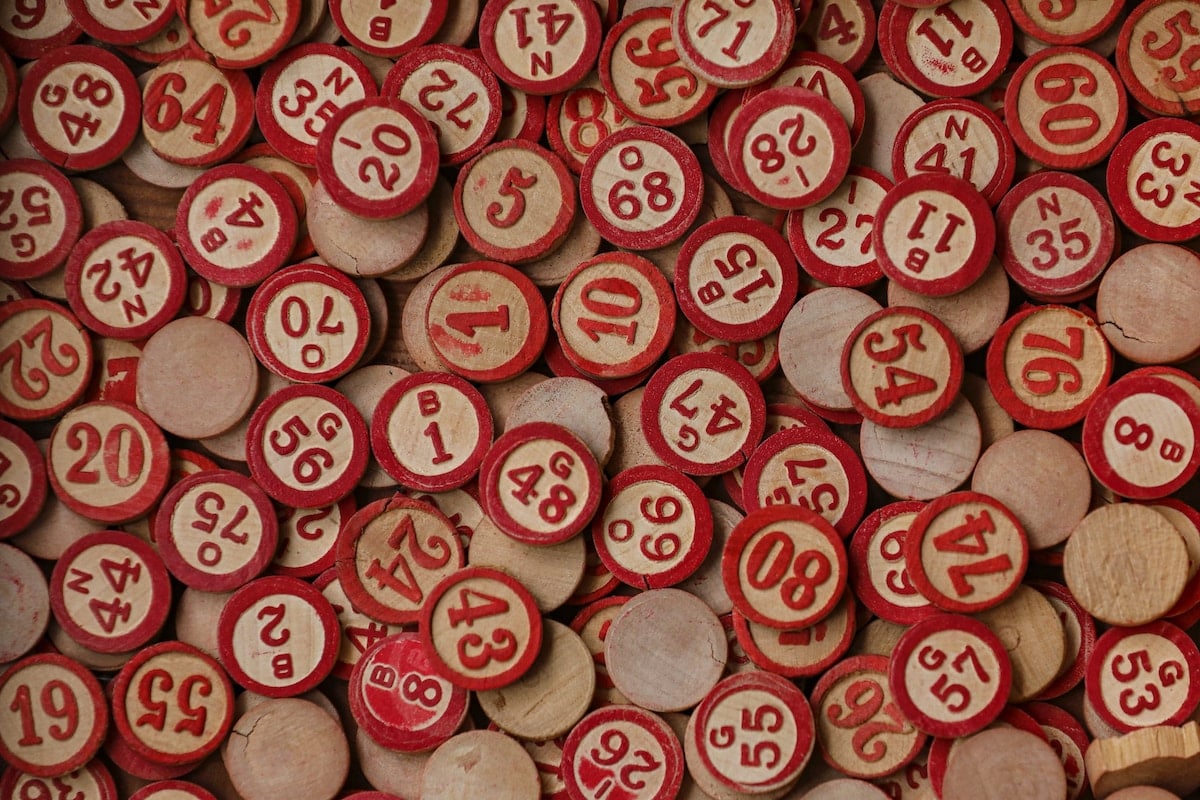Table of Contents
Welcome to the world of bingo, where cultures come together in Central America! In Central American societies, bingo has woven itself into the fabric of community traditions, social interactions, and fundraising initiatives.
This article explores bingo’s cultural significance in Central American societies, highlighting its impact on preserving traditional values, strengthening community bonds, supporting charitable causes, celebrating festivities, promoting cultural exchange, and fostering intergenerational connections.
Bingo serves to pass down cultural heritage, ensuring that age-old traditions remain alive and cherished.
It is often incorporated into local festivals and celebrations, showcasing cultural pride and preserving traditional values. In rural communities, where oral traditions and customs are treasured, bingo plays a vital role in maintaining cultural identity and promoting a sense of cultural continuity.
Strengthening Community Bonds
Bingo is a catalyst for social gatherings, bringing people of all ages together to share laughter, stories, and a sense of camaraderie.
Community centers, churches, and local organizations regularly organize bingo nights, creating opportunities for neighbors, friends, and family members to connect and enjoy a night of fun and togetherness. These gatherings foster a sense of belonging and solidarity within the community, knitting the social fabric tighter.
The bingo game transcends age barriers, creating a common ground for people of all generations to interact and engage. It is common in Central American societies to witness grandparents, parents, and children gathering around the bingo table, sharing laughter, and building memories together. This intergenerational connection nurtures respect, understanding, and a sense of unity within families and the wider community.
Supporting Charitable Causes
Bingo has emerged as a powerful tool for fundraising initiatives in Central American societies. Charitable organizations, schools, and community centers often organize bingo events to raise funds for various causes such as education, healthcare, and disaster relief.
The game’s widespread popularity ensures a high turnout, contributing to the success of these fundraising efforts. By participating in bingo fundraisers, individuals not only have a great time but also actively support their community and make a positive impact on society.
The organization of bingo events also allows individuals to engage in volunteerism. Central American societies have a strong spirit of community service, and bingo serves as a platform for individuals to contribute their time and efforts toward organizing and running these events.
Through volunteering at bingo fundraisers, individuals foster a sense of social responsibility and actively participate in making a difference in their communities.
Celebrating Festivities and Holidays
Bingo is special in Central American societies during religious festivities and holidays. Whether it’s Christmas, Easter, or other religious celebrations, bingo games are often organized as part of the joyous atmosphere.
The game adds an element of entertainment and brings people together in celebration of their faith and shared values. It becomes a way to honor and commemorate important religious occasions, creating a sense of unity and cultural pride.
Moreover, national holidays provide another occasion for bingo to shine in Central American societies. Bingo games are organized as part of the festivities, allowing individuals to celebrate their cultural heritage and national identity.
These events often incorporate traditional elements, music, and decorations, further enriching the cultural experience for participants. Bingo becomes a way to express national pride, showcase cultural diversity, and reinforce a sense of belonging to the wider Central American community.
Promoting Cultural Exchange
Bingo is a platform for cultural exchange and inclusivity in Central American societies. The game attracts individuals from diverse backgrounds, fostering opportunities for sharing stories, traditions, and experiences.
These interactions nurture a deeper understanding and appreciation of different cultures within Central American societies.
Bingo becomes a vehicle for promoting tolerance, harmony, and cultural diversity, creating bridges of understanding that strengthen the community’s social fabric.
The cultural exchange that takes place during bingo events enhances the richness of Central American societies. It allows individuals to learn from one another, broaden their horizons, and embrace the beauty of different perspectives. The shared experience of playing bingo becomes a bond that transcends cultural differences, fostering a sense of unity and mutual respect among participants.
Conclusion
Bingo is important in Central American societies, weaving itself into the tapestry of community traditions, social interactions, and charitable endeavors, and you can jump to this article to learn about the best bingo sites.
The game preserves and promotes traditional values, strengthens community bonds, supports charitable causes, celebrates festivities, promotes cultural exchange, and fosters intergenerational connections.
By participating in bingo events, individuals actively contribute to their communities, celebrate their cultural heritage, and nurture a sense of unity. So, remember the cultural significance behind this beloved pastime the next time you partake in a bingo game in Central America. Embrace the joy, connect with your community, and celebrate the diverse and vibrant cultures that bingo brings together.


